Own multiple buildings? The challenge lies in managing each one effectively. Picture a scenario where your buildings effortlessly cater to every tenant's needs: lights that adjust automatically, perfect temperature control, and optimized energy usage. Smart building management software makes this possible.
This software goes beyond convenience. With smart building management in place, you can streamline visitor management, simplify maintenance requests, and foster a more connected community – all while maintaining complete control. This blog delves into the features, benefits, and development costs of such software.
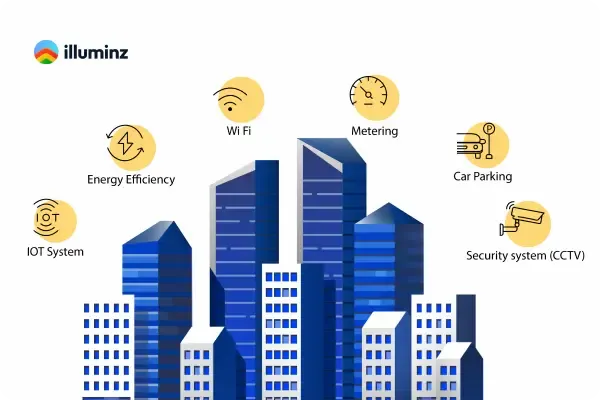
Discover the Power of Smart Building Management: Whether you're a property owner or a facilities manager looking to modernize your infrastructure, this blog is your guide.
What is Smart Building Management Software?
Smart building management software, also called Intelligent Building Management Systems (IBMS), brings together different control systems in a building into one easy-to-use platform. According to Resonai:
"Intelligent building management system software compiles the various controls for facility systems and combines them all into one harmonious package. Using multiple IoT protocols, these software platforms can give access to an entire building’s control from one central app, which can be used on-site or remotely via a cloud interface." Resonai
In simpler terms, smart building management software acts as the brain of a building, allowing building managers and operators to monitor, control, and optimize various systems from a single, user-friendly interface.
By leveraging IoT technologies, these platforms enable smooth communication and integration between different devices and systems, providing real-time insights and control over building operations.
Let’s Talk About Some Figures
According to Verified Market Reports, “BMS(Building Management System) Market size was valued at USD 19.25 Billion in 2023 and is expected to reach USD 48.79 Billion by the end of 2030 with a CAGR of 14.64% during the forecast period 2024-2030”
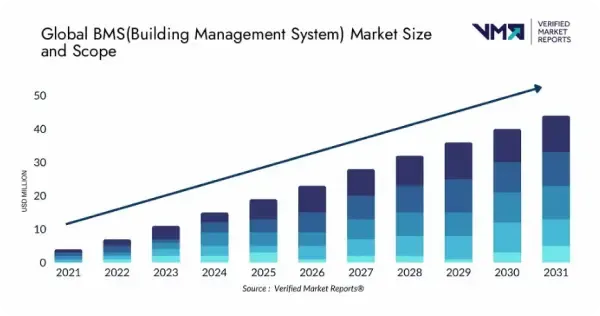
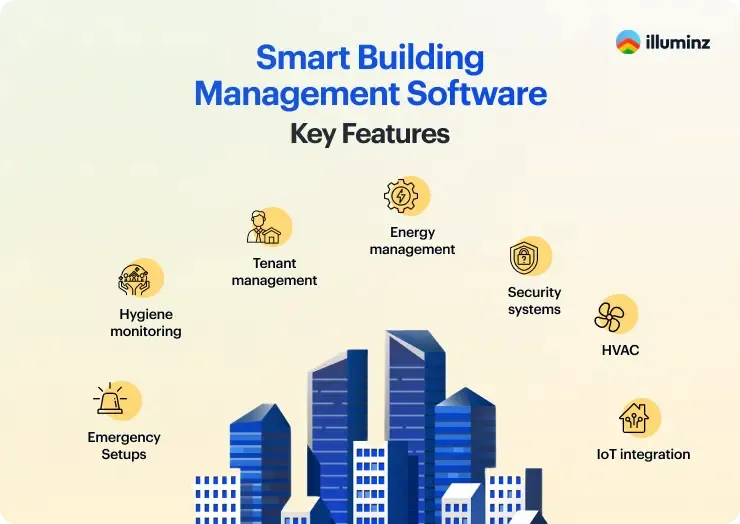
Leveraging Smart Building Management Software: Key Benefits
While the cost of developing smart building management software can vary, the benefits are undeniable.
1- Efficiency: Implements automation to streamline routine tasks, including:
Predictive Maintenance Scheduling: Utilizes predictive analytics to plan maintenance activities based on equipment usage and condition, thereby preventing unexpected breakdowns and extending the lifespan of assets.
Tenant Management: Enables tenants to efficiently book and manage reservations for common areas like auditoriums and car washing spaces. The system provides real-time availability updates and booking capabilities, ensuring optimal use of shared facilities.
2- Cost Savings: By optimizing HVAC systems, smart building management software can achieve considerable cost savings.
For example, it adjusts heating and cooling based on real-time occupancy and weather conditions, avoiding unnecessary energy expenditure in unoccupied areas.
3- Sustainability: Monitors and reduces water usage, detects leaks, and provides tenants with energy consumption insights to encourage eco-friendly behaviors.
8 key factors influence the cost of developing smart building management software:
- Scope and Scale: The size and complexity of the buildings, as well as the overall scope of the software, significantly impact costs.
- Features and Functionality: Costs vary based on the range from basic to advanced features.
- Customization: The degree of customization required can increase the app cost.
- Integration: Integrating the software with existing systems (e.g., HVAC, lighting, security) can add to the cost.
- User Interface: Design complexity and user experience considerations are crucial and can affect the overall software budget.
- Regulatory Compliance: Ensuring the software meets industry standards and regulations can add additional expenses.
- Development Team: Hiring experienced and dedicated design and development team can significantly affect the cost factor.
- Maintenance and Support: Ongoing costs for updates, support, and troubleshooting are necessary to keep the software running smoothly.
Cost Estimation of Building Management Software Development- illuminz
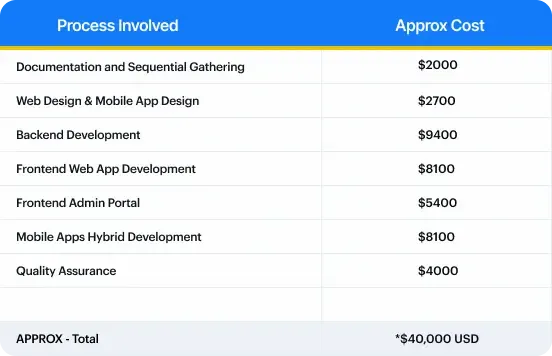
This cost estimate covers a basic Smart Building Management System with preset features. The final price may vary depending on your requirements and additional customizations.
Example of Famous Intelligent Building Management Systems
1: BuildingIQ
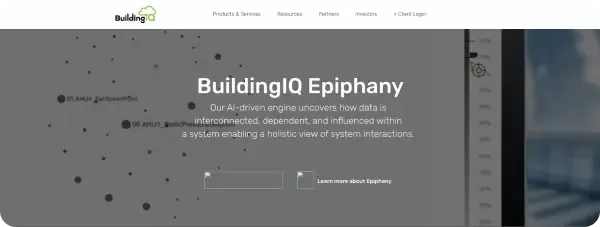
BuildingIQ offers cloud-based software that uses advanced algorithms to optimize energy usage and improve building performance.
2: Honeywell
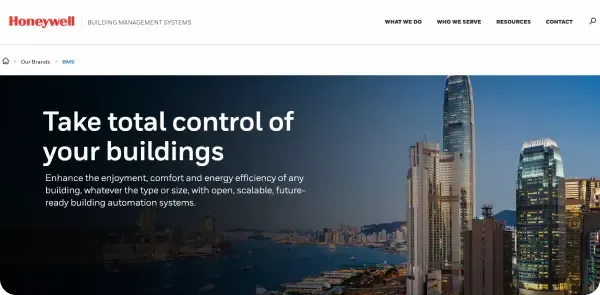
Honeywell offers integrated building management systems that include energy management, security, and HVAC control. Its solutions are designed for commercial buildings, healthcare facilities, educational institutions, and more.
Case Study: illuminz Develops Smart Building Management App "Mono Space"
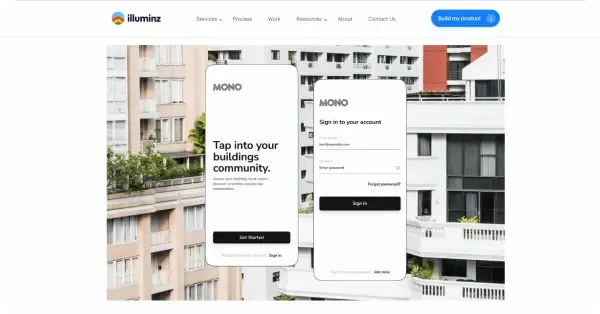
We recently collaborated with Mono Space, to create a smart building management platform.
It integrates features like X, Y and more. The platform is already a hit in Australia, boasting 215 active users, 30 properties.
Check our entire case study: Here
Conclusion:
Investing in smart building management software is a strategic move towards future-proofing your infrastructure. It brings enhanced efficiency, significant cost savings, and a sustainable approach to building management, making your buildings smarter and more responsive to occupants' needs.

